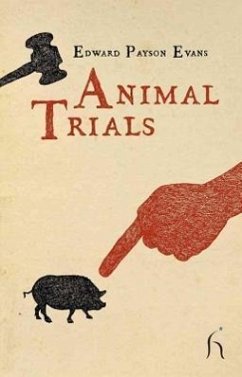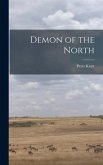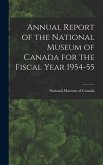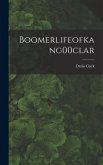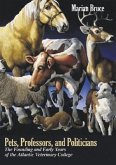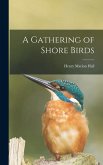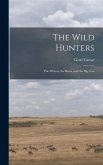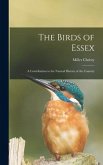An edited version of the text Criminal Prosecution and Capital Punishment of Animals--omitting much of the legal analysis and concentrating on an extraordinary range of trials To try an animal in a court of law for "crimes" and then sentence it to imprisonment or death seems barbaric, but for hundreds of years until the mid-19th century this practice was commonplace in Europe, and became the subject of a book called Criminal Prosecution and Capital Punishment of Animals. They include: an eight-month trial of a flock of weevils, for damaging vines--although the insects were found guilty, the sentence is unknown because the foot of the relevant parchment was eaten by insects. A pig tried found guilty of strangling and killing a baby in its cradle--the sentence was death and the pig was hanged. A group of rats who were summoned to court for eating the local barley, but failed to turn up--their defense counsel successfully argued that they had probably not received the summons and should be let off. There were even trials of inanimate objects, such as a Russian bell put on trial for abetting insurrection. It was found guilty and exiled to Siberia.

